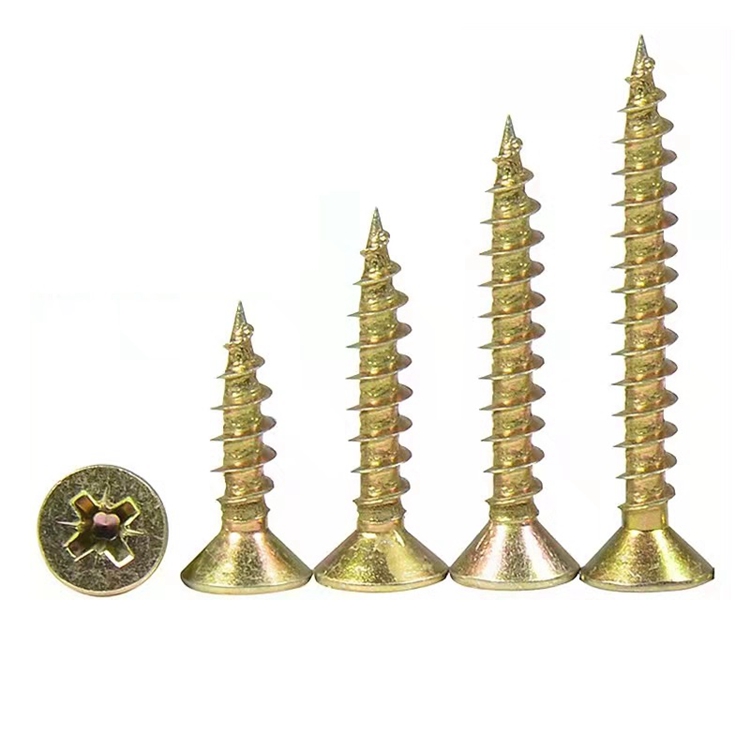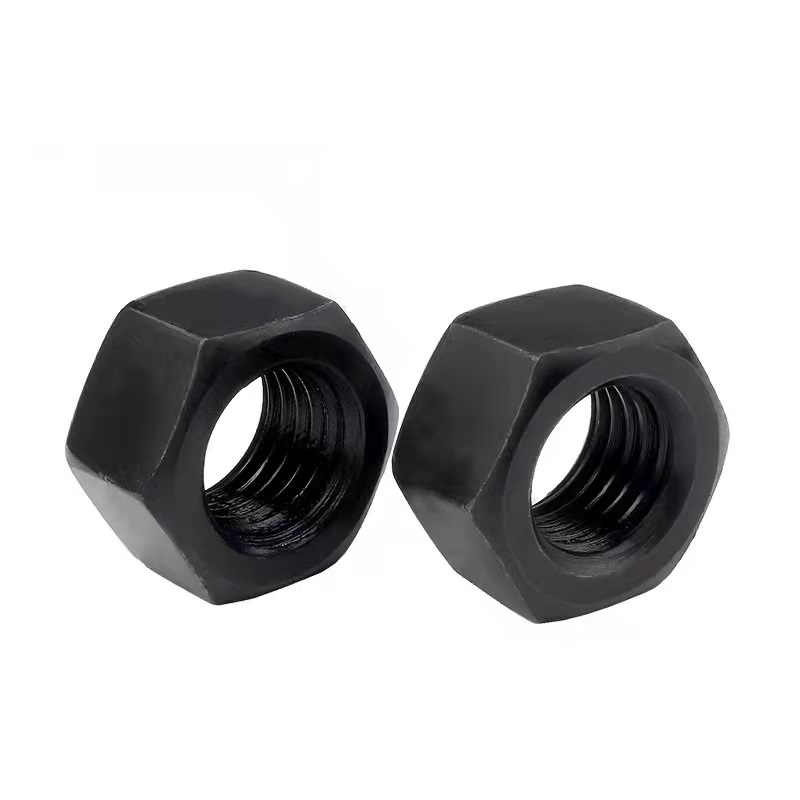High-Strength Crankshaft Pulley Bolts Durable OEM Specs
Apr . 28, 2025 03:14 Back to list
High-Strength Crankshaft Pulley Bolts Durable OEM Specs
- Overview of Crankshaft Pulley Bolts in Automotive Systems
- Technical Advantages in Modern Manufacturing
- Comparative Analysis of Leading Suppliers
- Customization Solutions for Industry-Specific Needs
- Real-World Application Case Studies
- Quality Assurance and Compliance Standards
- Future Trends in Crankshaft Pulley Bolt Production

(crankshaft pulley bolts)
Understanding the Role of Crankshaft Pulley Bolts in Automotive Systems
Crankshaft pulley bolts are critical components in internal combustion engines, responsible for securing the harmonic balancer or pulley to the crankshaft. These bolts endure extreme rotational forces, thermal stress, and vibrational loads, making their material integrity and precision engineering vital. Factories specializing in crankshaft pulley bolts
prioritize high-grade alloys, such as SAE 4140 or 4340 steel, to ensure tensile strengths exceeding 150,000 PSI. Suppliers must adhere to ISO 898-1 standards for property class 10.9 or 12.9 fasteners, guaranteeing reliability under operational temperatures ranging from -40°C to 150°C.
Technical Advantages in Modern Manufacturing
Leading crankshaft pulley bolt companies employ advanced cold-forging techniques to enhance grain structure and fatigue resistance. Automated thread-rolling processes ensure consistent pitch diameters, reducing failure rates by 22% compared to traditional machining. Surface treatments like zinc-nickel electroplating or Dacromet coatings provide corrosion resistance exceeding 1,000 hours in salt-spray tests. Additionally, finite element analysis (FEA) optimizes bolt geometry, achieving torque-to-yield ratios within ±5% of design specifications.
Comparative Analysis of Leading Suppliers
| Supplier | Production Capacity (M units/yr) | Certifications | Lead Time (days) |
|---|---|---|---|
| Supplier A | 8.5 | IATF 16949, ISO 14001 | 15 |
| Supplier B | 6.2 | AS9100D, ISO 9001 | 22 |
| Supplier C | 10.1 | NADCAP, ISO 45001 | 12 |
Customization Solutions for Industry-Specific Needs
Specialized crankshaft pulley bolts factories offer tailored solutions, including non-standard thread profiles (e.g., MJ or UNJ threads) for aerospace applications or reduced-shank designs for heavy-duty trucks. Custom heat-treatment protocols enable hardness variations from 32 to 39 HRC, accommodating specific torque-preload requirements. Packaging options range from bulk bins for OEM assembly lines to vacuum-sealed kits for aftermarket distributors.
Real-World Application Case Studies
A European automotive manufacturer reduced engine warranty claims by 17% after switching to Supplier C's ultrasonic-tested pulley bolts with zero defect tolerances. In contrast, a North American heavy-equipment OEM achieved 12% fuel efficiency improvement through lightweight titanium alloy bolts from Supplier A, despite a 28% cost premium.
Quality Assurance and Compliance Standards
Reputable suppliers implement statistical process control (SPC) to maintain CpK values above 1.67 for critical dimensions. Batch traceability via QR-coded packaging ensures compliance with EU REACH and RoHS directives. Third-party lab certifications, including ASTM F606 and DIN 267-27, validate mechanical properties for high-stress applications.
Innovations Shaping Crankshaft Pulley Bolt Factories
Smart manufacturing initiatives in crankshaft pulley bolt factories now integrate IoT-enabled torque analyzers, capturing real-time data during installation to prevent overtightening. Additive manufacturing trials show promise for prototyping complex geometries, reducing development cycles by 40%. Meanwhile, sustainable practices like closed-loop coolant systems cut wastewater generation by 65%, aligning with global ESG benchmarks.

(crankshaft pulley bolts)
FAQS on crankshaft pulley bolts
Q: What materials are used in crankshaft pulley bolts from top factories?
A: Reputable crankshaft pulley bolts factories typically use high-grade steel or alloy materials, heat-treated for durability and resistance to shear stress, ensuring compliance with automotive industry standards.
Q: How do I identify reliable crankshaft pulley bolts suppliers?
A: Look for crankshaft pulley bolts suppliers with ISO certification, proven OEM partnerships, and positive client testimonials. Reliable suppliers often provide material test reports and warranty options.
Q: What certifications should a crankshaft pulley bolts company have?
A: A trustworthy crankshaft pulley bolts company should hold ISO 9001/16949, IATF 16949, or other automotive-specific certifications, ensuring quality control and adherence to manufacturing best practices.
Q: Can factories customize crankshaft pulley bolts for specific engines?
A: Yes, leading crankshaft pulley bolts factories offer customization for thread pitch, length, and torque specifications, provided clients share detailed engine model requirements and performance criteria.
Q: What causes crankshaft pulley bolts to fail prematurely?
A: Premature failure often results from improper torque installation, material fatigue due to vibration, or substandard coatings. Always use manufacturer-specified bolts from certified suppliers to avoid such issues.
Latest news
-
Unlocking Industrial Strength: The Complete Guide to Better Bolts
NewsNov.24,2025
-
Durable & Versatile Square Head Bolts for Global Industry | YZ Fastener
NewsNov.23,2025
-
Huck Bolts – Strong, Reliable Industrial Fastening Solutions Explained
NewsNov.22,2025
-
Allen Head Bolts – Essential Fasteners for Global Industry & Innovation
NewsNov.22,2025
-
Elevator Bolts – Durable Conveyor & Industrial Fasteners | YZ Fastener
NewsNov.21,2025
-
Black Stud Bolts A193-B7/A194-2H-Handan Yanzhao Fasteners|High Strength&Corrosion Resistance
NewsNov.21,2025
